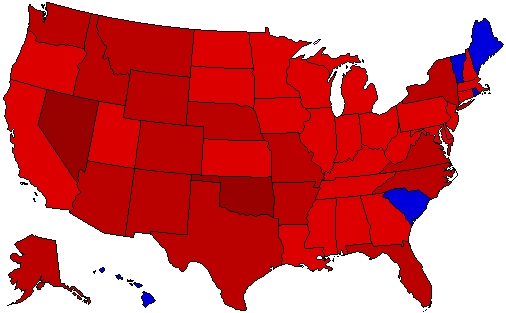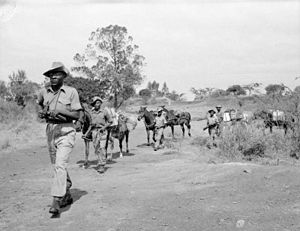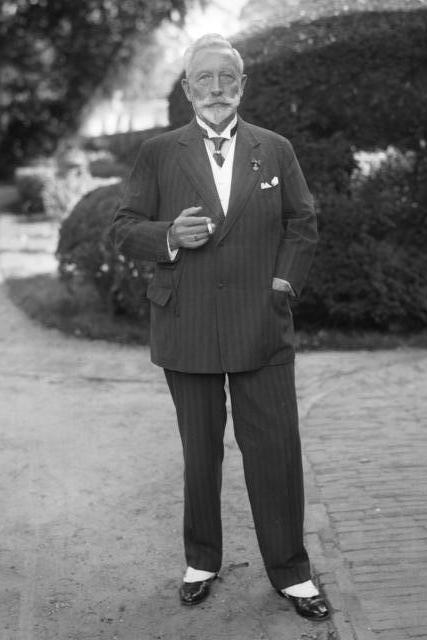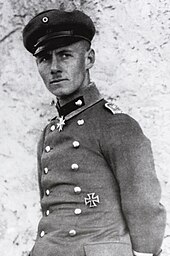Germany won the Second Great War, but its victory came at a cost. And that cost was much higher than in the First Great War. In the First Great War, German troops were in France throughout most of the conflict. Germany became confident in its own invincibility. German high command was unprepared for the next war, and when 1936 came they fought the same way they did in 1916. France, on the other hand, had developed the best air force in the world while also making extensive use of armor. Germany soon found itself on the defense, and much of the western part of the country was lost. Erwin Rommel privately confided that if the US and the UK had not entered the war, Germany would certainly have surrendered. Near the end of the war, French chemical warfare devastated much of the country. Berlin, Hamburg, Hannover, and Munich were hit by chemical weapons, killing tens of thousands. Germany, in retaliation, used chemical weapons in France (though on a much smaller scale).
After the war ended, it was time to rebuild. Germany would receive aid from the United States as well as from Denmark, Norway, Sweden, and Austria-Hungary. The German economy would eventually recover to pre-wat levels. Starting in the mid-40s, Germany’s foreign policy was focused on combatting Russian influence. This would remain true whether the Conservatives or the Social Democrats were in power. Across the world, thousands of journalists were on the German government’s payroll. Their job was mainly to praise Germany, but they also attacked Russia in their articles on occasion. This was especially the case in countries with large ethnic German populations. The United States, Canada, and Brazil all had many German-language newspapers. Argentina had a very large German population as well, but the increasingly isolationist government banned German-language publications. Germany wasn’t the only country worried about Russian influence. The Empire of Japan also saw Russia as its greatest threat. The two countries had already been allies in previous wars, and now their relationship was strengthened even further.
On November 1, 1942, Germany lost its monarch of over five decades. Kaiser Wilhelm II died at the age of 83. For the majority of Germans, he was the only Kaiser they knew. An elaborate state funeral was held and schools were closed for the day. Lord Halifax and Herbert Hoover offered their condolences to the Kaiser’s family. British King Edward VIII, a relative of the Kaiser, personally attended the funeral. Another attendee was Tsar Nicholas II, a cousin of the Kaiser. After the First Great War ended, the two monarchs resumed communication with each other. Nicholas himself died in January 1944. This left King Alphonso XIII of Spain and Alexander I of Serbia as the only remaining leaders from the late 19th century who were still alive. Wilhelm II was succeeded by Wilhelm III, who was 60 years old. Wilhelm III hoped to increase the power of the monarchy. In 1947 his friend, General Erwin Rommel, became chancellor. He was a member of the Conservative Party. Wilhelm hoped that Rommel would give him more influence in government, but Rommel was uninterested in having Wilhelm being anything more than an advisor and a figurehead.
(Left: Kaiser Wilhelm II, Right: Kaiser Wilhelm III)
Rommel would end up outlasting the Kaiser, and the next Kaiser. Wilhelm III died in 1951. He was largely forgotten outside of Germany, as both his father and his son were much more famous than he. He was succeeded by his son Wilhelm IV. Wilhelm IV died childless in 1953 at the age of 45. Wilhelm was then succeeded by his brother Josef I. Josef I was 38 years old, too young to remember the First Great War. He did, however, serve in the Army during the Second Great War. Despite this, he was a shy and introverted man. He hated public appearances and dreaded talking to the media. He was largely uninterested in governance, and thus the influence the monarchy still had was lost. He would eventually become one of the most famous people in the world, but that would be due to events in the 1960s beyond his control. During the 1950s he kept a low profile to the best of his ability.
(Erwin Rommel during the First Great War)
Erwin Rommel would serve as Chancellor until 1957. During his time in office he oversaw increased government funding for science, for both military and civilian purposes. He also declared Germany’s commitment to continue holding on to its African colonies. He was friends with American President George Patton. Both men agreed that a powerful Russia was something to be feared. Patton saw Germany as the only thing standing in the way of a Eurasian Empire stretching from Lisbon all the way to the Bering Strait. One area where they differed was Japan. Rommel saw Japan as an ally while Patton saw Japan as a threat. Rommel hoped that Germany and America could become allies. This hope faded when Patton declined to run for reelection and America elected the isolationist Robert Taft. Taft and his successor Savage both opposed entangling alliances, though they maintained friendly relations with Germany (both were elected with the support of German-Americans).
In 1957, the Social Democrats took power, and a member of their party, Gottlieb von Ingersleben became chancellor. They took a more moderate approach to Africa, paving the way for the independence of Tchad. Unfortunately for them, the fallout from the Depression on 1959 would end up destroying the party. One faction believed that the party was too centrist and split off to form the Labor Party. Conservatives looked on gleefully at the left-wing infighting. But they would not be laughing for long as their own party fractured. Far-right, ultranationalist groups split from the Conservative Party. In 1961, the Conservatives were able to form a coalition government with the Center Party. Konrad Adenauer became chancellor. He was a well-respected figure who was the voice for Conservatives who rejected the far-right. He received criticism for conceding that Germany had lost Katanga. He was being realistic, but it was seen by some as a sign of weakness.
In 1963 Russia invaded Mongolia. The Mongol Republic was overthrown and a Russian puppet was installed as Khan. Germany condemned the invasion, but Adenauer rejected calls to impose sanctions. Adenauer would, however, refuse to recognize the new Mongolian government, instead recognizing the government in exile in Tokyo. Still, the far-right attacked Adenauer as weak. In 1964, new elections were held and a far-right coalition gained power. However, disagreements over who to choose as the next chancellor meant that Adenauer would keep his job for a while longer. Many of the supposed far-right politicians were merely opportunists riding the wave of public opinion. Germany’s far-right was mainly of the militarist variety. Their rhetoric was, in general, not of the racist variety (though there certainly were racist elements). Their main goal was to keep the German Empire intact and to contain Russia. Nevertheless, Europe had not seen a far-right government in a long time.







